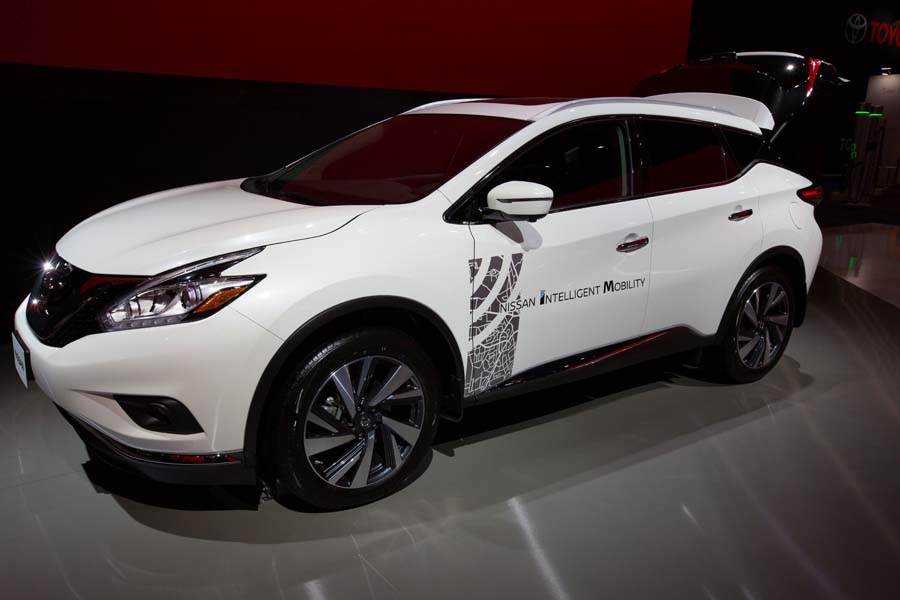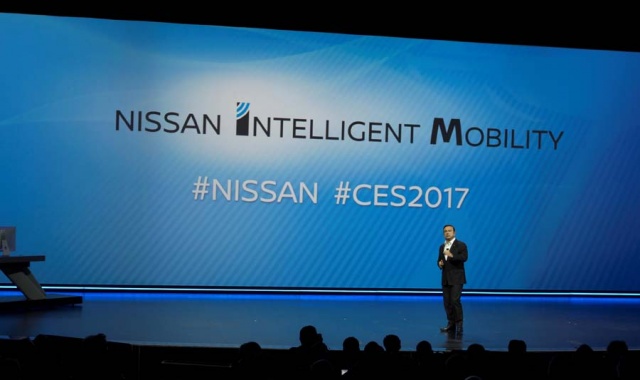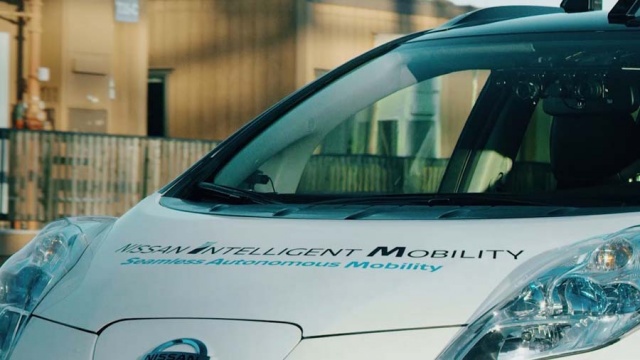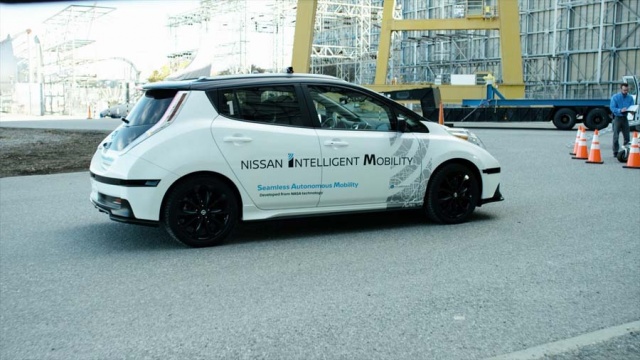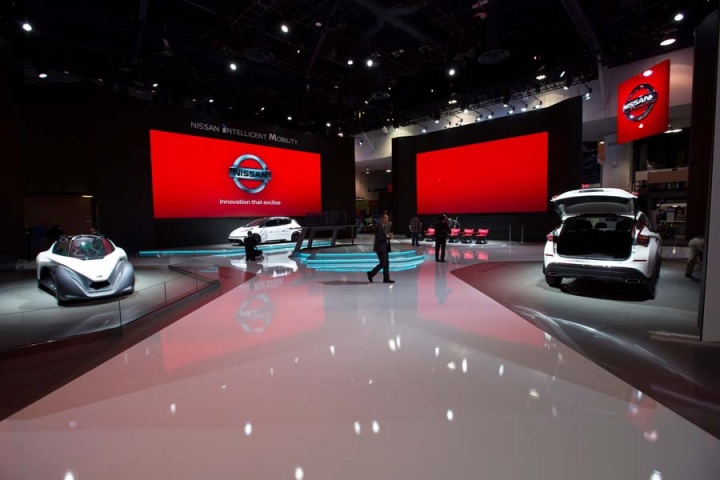What's the news?
Nissan is collaborating with NASA on a new system for driverless, robotic cars that will involve humans stepping in to guide them. Confused? Don't be - it's basically (and this is really, really cool if you think about it) an extension of NASA's 'Mission Control' format. Take a high-tech craft - either Apollo 13 or a driverless, next-generation Leaf - and assume that somewhere out there in space (down the road) it encounters some alien danger (mobile road works) and runs out of oxygen (can't figure out what to do next). The idea is that a mission controller, overseeing an entire fleet of mobile, driverless cars can see the problem and then interact with the car's onboard systems and its human occupant to find a work-around for the problem. If Nissan doesn't base its HQ in Huston, Texas, we're all going to be really disappointed...
All of this is being unveiled at the Consumer Electronics Show (CES) in Las Vegas, where Nissan's boss, Carlos Ghosn, has been outlining the Japanese company's take on future tech.
"I'm pleased that Nissan will be taking the CES stage at this moment of significant change and opportunity for the automotive sector," said Ghosn. "Nissan has a history of developing breakthrough technologies that have transformed how cars are powered, driven, and integrated with wider society. We look forward to presenting our vision for how the technologies of today are the building blocks for a future with zero emission vehicles and zero fatalities on the road."
Ghosn outlined the idea of 'Nissan Intelligent Mobility' which will underpin the company's movements towards autonomous technology. It includes "Nissan Intelligent Driving, which gives our customers more confidence through increased safety, control, and comfort for everyone on board; Nissan Intelligent Power, which makes driving more exciting for our customers by making it cleaner and more efficient and Nissan Intelligent Integration, which keeps customers more connected by conveniently linking our cars to the wider society" said Ghosn.
Nissan also showed off its ProPilot autonomous vehicle system, which is being trialled in Japan in a fleet of modified Serena MPVs. The company claims that it's the most advanced autonomous system of its kind, thanks to its advanced image processing system and that it's clever enough to keep a car in the middle of its lane even through a series of curves. The system, at least in part, will be rolled out in the Qashqai later in 2017.
Nissan is even employing anthropologists, in a team lead by Melissa Cefkin, principal scientist and design anthropologist at the Nissan Research Center in Silicon Valley. Experts in how people react to the world around them, Cefkin's team is actually trying to educate the autonomous vehicle computers in the ways of humans, hopefully helping the system to read the body language and facial signals of pedestrians and making the car react in a way which is less threatening, and more friendly.
"Car technology is continuing to evolve and change," said Cefkin. "And now we're adding this autonomous dimension to it that will bring around further changes in society, all the way down to the everyday way in which we interact and behave on the road. We're trying to distill out of our work some key lessons for what an autonomous vehicle will need to know - what it perceives in the world and then how it can make sense, make judgments and behave itself to be able to interact effectively in those different systems."

